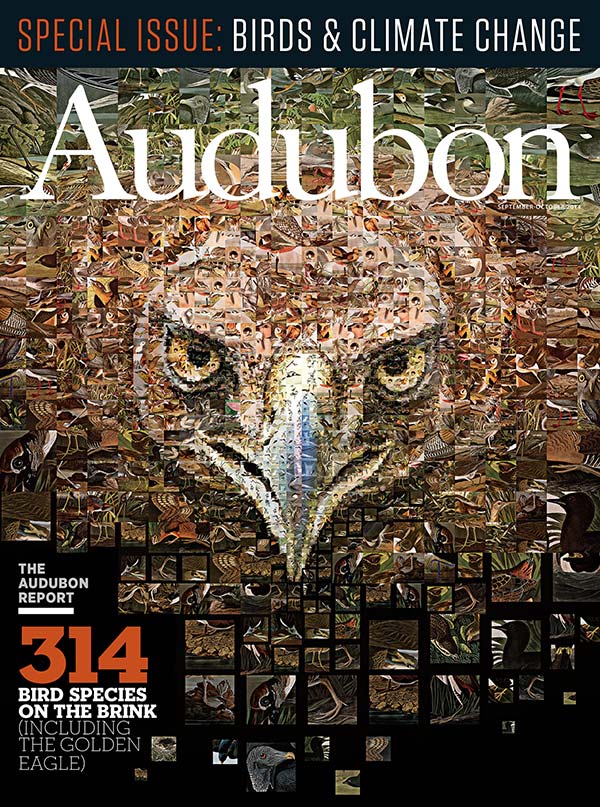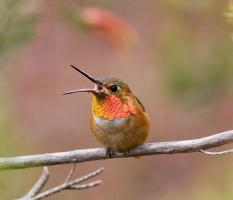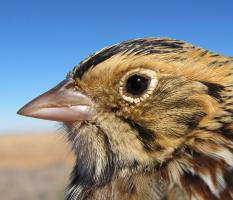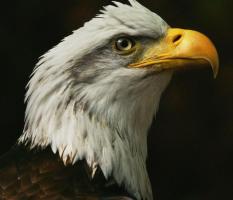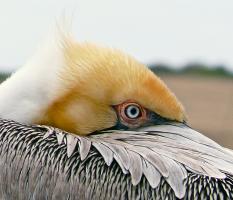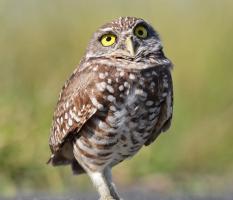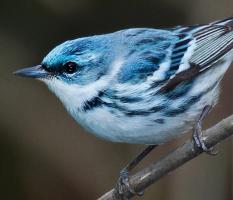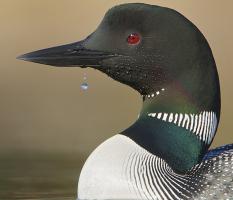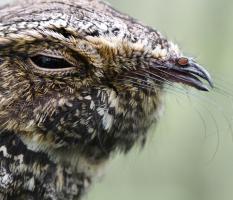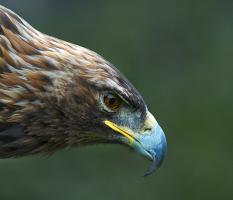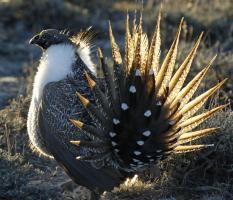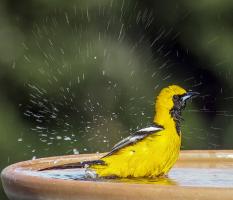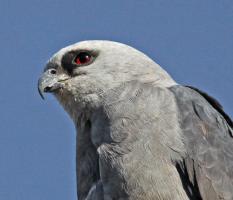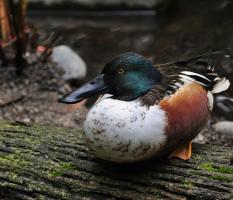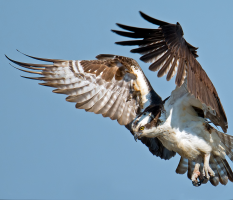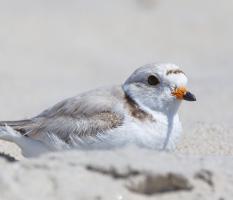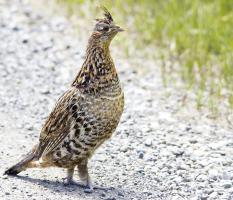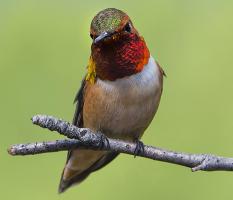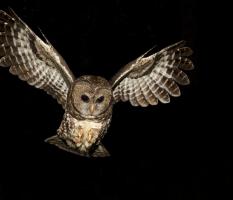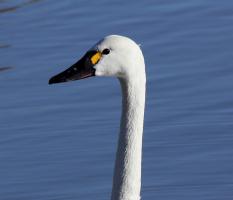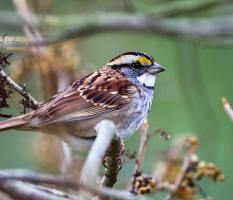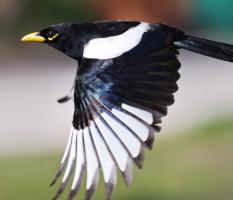Earlier this month, the release of the Audubon Society’s Birds and Climate Change Report delivered quite a punch—314 North American bird species are threatened by climate change. That means that as the climate continues to intensify, birds could be evicted from their habitats. In fact, ten states could lose their state birds by 2080.
Many news organizations used the data from the report to craft their own visualizations. And the conversation around the report is just as important as the data itself.
NPR got the discussion started with Audubon president and CEO David Yarnold. "Morning Edition" host David Greene spent a few minutes talking with Yarnold about the enormity of the report and why the science should be interpreted as conservative, not alarmist.

